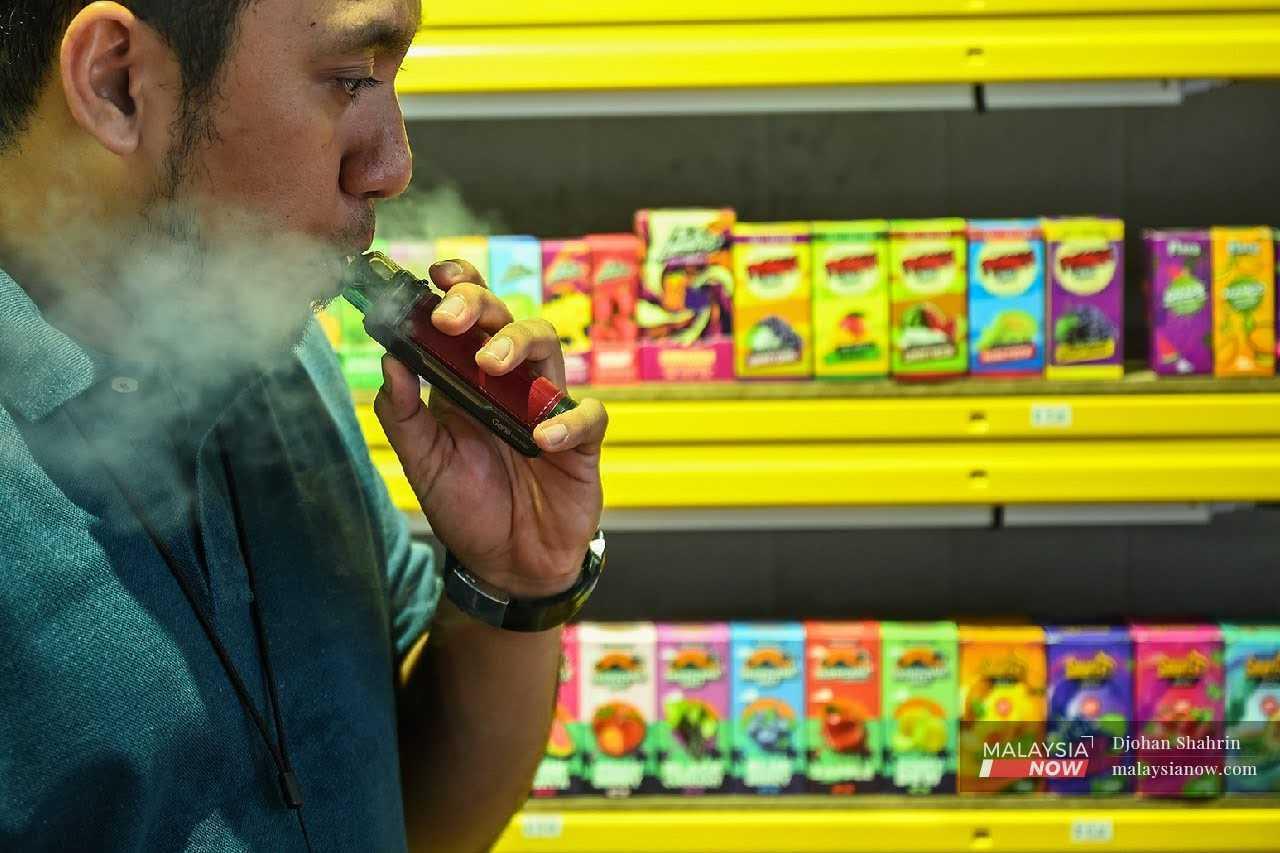Why nicotine belongs in the Poisons Act
Malaysia should emulate Australia, where nicotine vaping products are classified as presecription-only medicines.
Just In
The Consumers Association of Penang urges all MPs to support the Poisons Board in retaining nicotine as a controlled substance in the Poisons Act.
We urge the government to pass the generational endgame (GEG) bill to prohibit tobacco and vaping for anyone born after 2007 without any changes to the original content. The call for GEG is grounded in current events and scientific evidence.
Allowing electronic nicotine delivery systems and heated tobacco products would undermine the objective of the World Health Organization Framework Convention on Tobacco Control to de-normalise smoking and tobacco use.
Currently, nicotine is categorised as a Group C poison which requires a licensed pharmacist or a registered medical, dental or veterinary practitioner to sell any form of preparation containing nicotine under the Poisons Act 1952.
The way forward to curb future nicotine addiction among future generations is by emulating the Australians. From Oct 1, 2021, all nicotine vaping products such as nicotine e-cigarettes, nicotine pods and liquid nicotine, are classed as Schedule 4 (prescription-only) medicines. Hence, a person cannot buy any of these products without a doctor's prescription.
Accidental nicotine poisoning among children is on the rise in Malaysia. The Universiti Sains Malaysia-based National Poison Centre reported 66 calls of vaping-related poisoning between January 2015 and August 2022. Most of the cases involved children aged between one and four years old, the youngest being four months.
With thousands of e-liquids variants flooding the market sold by 3,300 known retailers, it is impossible to monitor the nicotine concentration of each bottle or brand. According to the Malaysian Vape Chamber of Commerce, there are more than 97% of e-liquids with nicotine in the local market.
Studies in Europe have shown that many of the samples obtained from the market are in excess of 10% of the stipulated amount of nicotine.
Is the health ministry dancing to the sales pitch of addictive drug dealers?
Mohideen Abdul Kader is president of the Consumers Association of Penang.
The views expressed in this article are those of the author(s) and do not necessarily reflect the position of MalaysiaNow.
Subscribe to our newsletter
To be updated with all the latest news and analyses daily.
